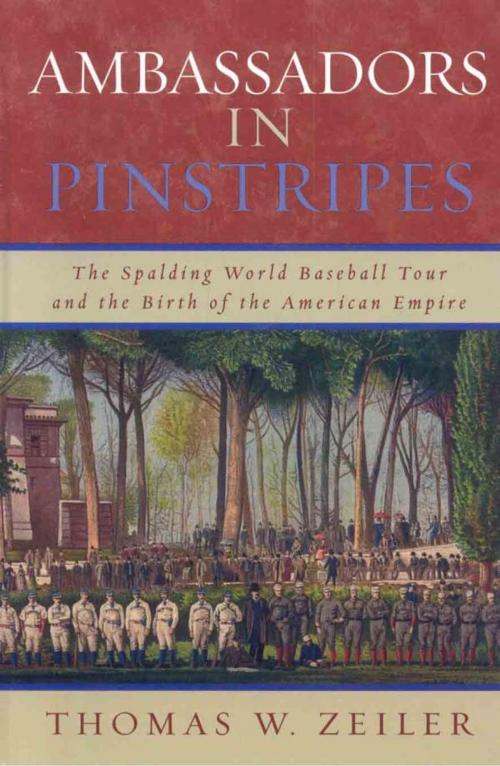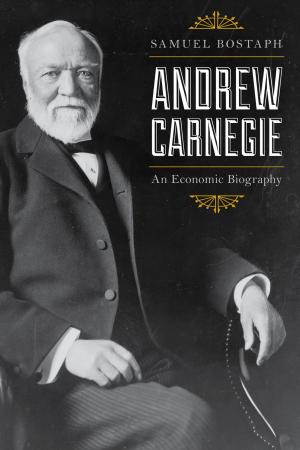Ambassadors in Pinstripes
The Spalding World Baseball Tour and the Birth of the American Empire
Nonfiction, Sports, Baseball, History, Americas, United States, 19th Century| Author: | Thomas W. Zeiler | ISBN: | 9780742569836 |
| Publisher: | Rowman & Littlefield Publishers | Publication: | September 22, 2006 |
| Imprint: | Rowman & Littlefield Publishers | Language: | English |
| Author: | Thomas W. Zeiler |
| ISBN: | 9780742569836 |
| Publisher: | Rowman & Littlefield Publishers |
| Publication: | September 22, 2006 |
| Imprint: | Rowman & Littlefield Publishers |
| Language: | English |
Inspired and led by sporting magnate Albert Goodwill Spalding, two teams of baseball players circled the globe for six months in 1888-1889 competing in such far away destinations as Australia, Sri Lanka and Egypt. These players, however, represented much more than mere pleasure-seekers. In this lively narrative, Zeiler explores the ways in which the Spalding World Baseball Tour drew on elements of cultural diplomacy to inject American values and power into the international arena. Through his chronicle of baseball history, games, and experiences, Zeiler explores expressions of imperial dreams through globalization's instruments of free enterprise, webs of modern communication and transport, cultural ordering of races and societies, and a strident nationalism that galvanized notions of American uniqueness. Spalding linked baseball to a U.S. presence overseas, viewing the world as a market ripe for the infusion of American ideas, products and energy. Through globalization during the Gilded Age, he and other Americans penetrated the globe and laid the foundation for an empire formally acquired just a decade after their tour.
Inspired and led by sporting magnate Albert Goodwill Spalding, two teams of baseball players circled the globe for six months in 1888-1889 competing in such far away destinations as Australia, Sri Lanka and Egypt. These players, however, represented much more than mere pleasure-seekers. In this lively narrative, Zeiler explores the ways in which the Spalding World Baseball Tour drew on elements of cultural diplomacy to inject American values and power into the international arena. Through his chronicle of baseball history, games, and experiences, Zeiler explores expressions of imperial dreams through globalization's instruments of free enterprise, webs of modern communication and transport, cultural ordering of races and societies, and a strident nationalism that galvanized notions of American uniqueness. Spalding linked baseball to a U.S. presence overseas, viewing the world as a market ripe for the infusion of American ideas, products and energy. Through globalization during the Gilded Age, he and other Americans penetrated the globe and laid the foundation for an empire formally acquired just a decade after their tour.















